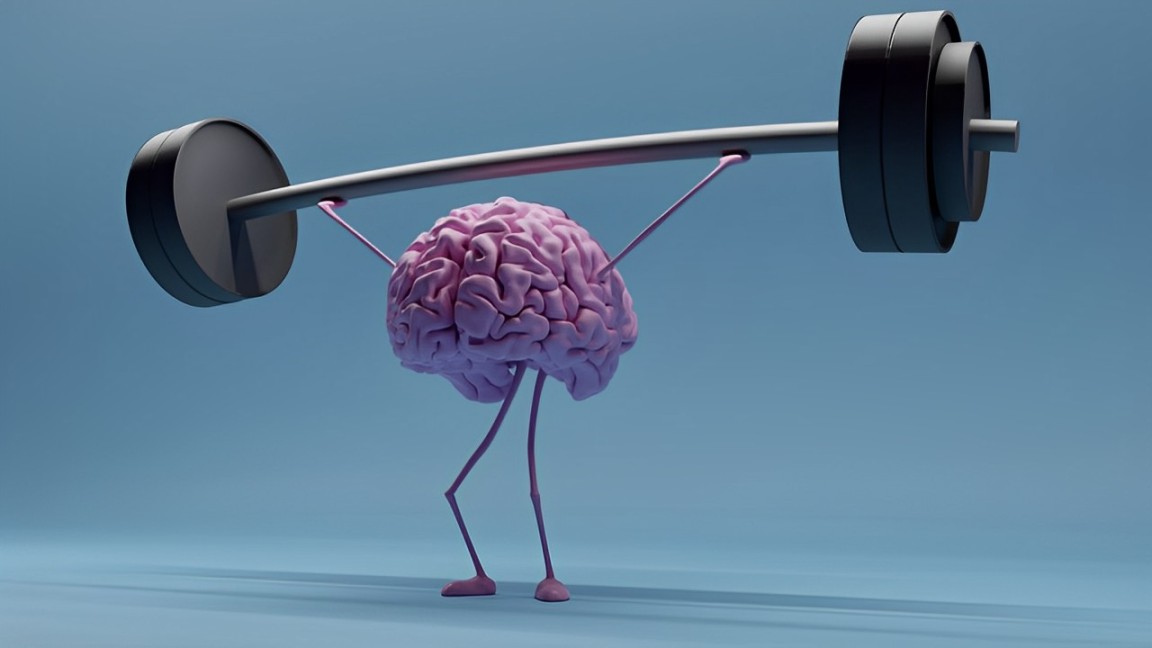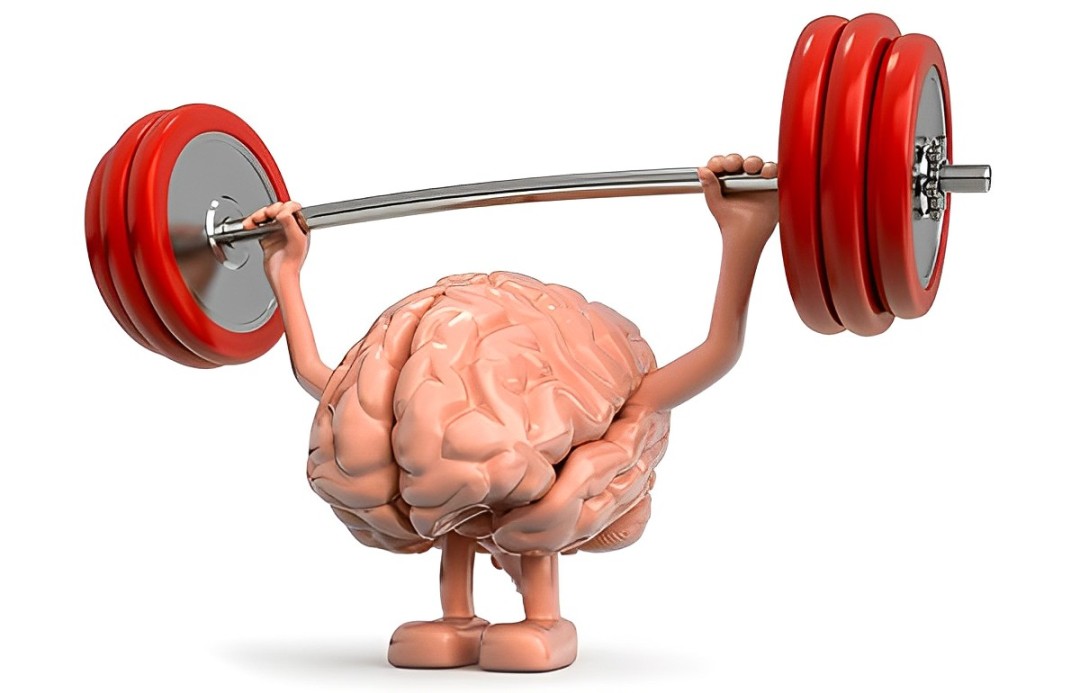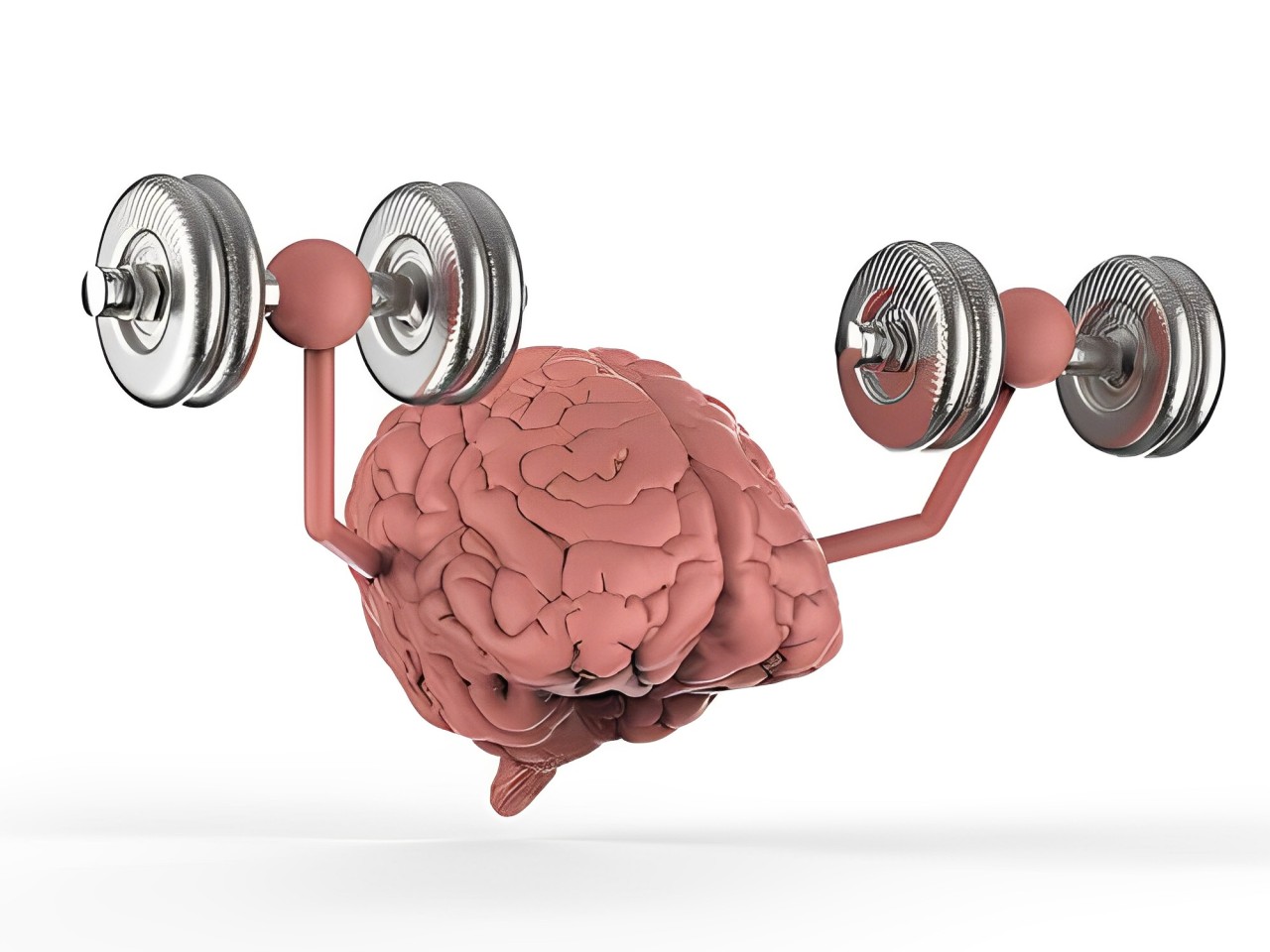Recognizing whether your brain is healthy involves paying attention to various signs and symptoms related to cognitive, emotional, and physical functioning. A healthy brain typically exhibits good memory, clear thinking, emotional stability, and an ability to learn and adapt. However, some subtle signs of potential brain issues may go unnoticed until they become more pronounced.

1. Cognitive Function and Memory
- Good Memory and Recall: Healthy brains can remember recent events and retrieve old memories without significant difficulty. If you’re finding it hard to recall names, dates, or conversations that you’d normally remember, it could indicate a potential issue.
- Signs to Watch: Forgetting recent conversations, frequently misplacing items, or feeling “foggy” in your thoughts could signal memory lapses. Occasional forgetfulness is normal, but if it becomes frequent or severe.
- Clear Thinking and Focus: If you can stay focused on tasks, make decisions, and solve problems without much difficulty, your brain is functioning well.
- Signs to Watch: Struggling with concentration, feeling easily distracted, or having difficulty processing complex information may indicate cognitive difficulties, potentially related to stress, sleep issues, or other conditions.
2. Mood and Emotional Health
- Stable Mood: Healthy brains regulate emotions well, with people generally able to experience and express emotions appropriately based on circumstances.
- Signs to Watch: Frequent mood swings, feelings of sadness or anxiety that persist for a long time, or overwhelming emotions (anger, irritability, despair) may suggest an underlying mental health issue.
- Stress Management: The ability to handle stress without it affecting overall health or emotional well-being is a sign of a healthy brain.
- Signs to Watch: Chronic stress, excessive worry, or an inability to relax could signal that your brain is struggling to manage emotional load. Long-term stress affects brain health, especially the hippocampus (which is important for memory).
3. Mental Clarity and Decision-Making
- Good Judgment and Decision-Making: A healthy brain allows for sound decision-making, logical reasoning, and the ability to weigh options effectively.
- Signs to Watch: Difficulty making decisions, indecisiveness, or making poor choices due to confusion or lack of clarity could suggest that something is impacting brain function.
4. Sleep and Rest
- Adequate Sleep: Quality sleep for memory consolidation, emotional regulation, and cognitive performance.
- Signs to Watch: Difficulty falling asleep, staying asleep, or experiencing daytime fatigue could signal that your brain isn’t getting the rest it needs. Sleep disturbances are often linked to brain health problems such as depression, anxiety, or cognitive decline.
- Restful Sleep: If you wake up feeling rested and refreshed, it indicates healthy brain function.
- Signs to Watch: Persistent sleepiness, irritability after sleep, or feeling mentally foggy could signal disrupted sleep patterns, which can affect brain health.
5. Physical Symptoms
- Physical Coordination: A healthy brain helps coordinate movement and balance.
- Signs to Watch: Sudden difficulty with balance, coordination, or fine motor skills (e.g., hand-eye coordination) could point to neurological issues like a stroke, multiple sclerosis, or other brain conditions.
- Headaches or Migraines: While occasional headaches may be normal, frequent or severe headaches, especially if accompanied by other neurological symptoms (vision problems, nausea, etc.), may indicate an underlying brain issue.
6. Ability to Learn and Adapt
- Learning and Adaptability: A healthy brain can learn new things, adapt to new situations, and retain new information. It is open to new experiences and can process them effectively.
- Signs to Watch: Difficulty learning new skills, a sense of mental “stagnation,” or feeling stuck in repetitive thinking patterns could be a sign of cognitive decline or emotional burnout.
7. Social Interaction and Relationships
- Healthy Social Functioning: Healthy brains facilitate positive social interaction, communication, and relationship-building.
- Signs to Watch: Withdrawal from social activities, difficulty reading social cues, or extreme irritability in social settings could be signs of mental or emotional stress, depression, or a cognitive disorder.
8. Brain Health and Neurodegenerative Diseases
- Early Signs of Cognitive Decline: If you’re noticing progressive memory loss, trouble recalling words, or difficulty following conversations, this could be an early sign of cognitive decline or a neurodegenerative condition like Alzheimer’s disease.
- Signs to Watch: Forgetting simple tasks, repeating oneself, getting lost in familiar places, or feeling confused about the time, place, or people around you. These could be indicative of early Alzheimer’s disease or other dementias.
- Physical Symptoms of Neurological Issues: Involuntary movements, tremors, sudden speech changes, or unexplained weakness could signal neurological disorders.
9. Monitoring Your Brain Health: Self-Assessment Tools
- Cognitive Assessments: Tools like the Montreal Cognitive Assessment (MoCA) or Mini-Mental State Examination (MMSE) can help assess memory, attention, and other cognitive functions.
- Mental Health Screeners: Online questionnaires for anxiety, depression, or stress (e.g., the PHQ-9 for depression) can provide insights into your mental and emotional health.
- Tracking Cognitive Decline: Keeping track of any patterns in forgetfulness, difficulty with concentration, or mood changes can help you identify trends over time.
10. Brain Health at Different Ages
- In Your 20s-30s: Healthy brain function at this age is typically marked by good memory, the ability to learn, manage stress, and stay mentally sharp. Regular mental exercises and a healthy lifestyle are key to long-term brain health.
- In Your 40s-50s: This is when some subtle cognitive changes, like slight memory lapses or difficulty multitasking, may begin to occur. It’s important to stay mentally and physically active, eat a healthy diet, and manage stress to preserve brain health.
- In Your 60s+: If you’re in this age group, watch for signs like increasing forgetfulness, difficulty with complex tasks, or problems with word recall. While some cognitive decline is normal with aging, more severe signs may indicate conditions like dementia or Alzheimer’s.
11. When to See a Doctor
If you’re experiencing any of the following signs, it may be time to consult a healthcare provider for a deeper evaluation:
- Sudden or significant memory loss (e.g., forgetting familiar names or everyday tasks).
- Difficulty communicating or understanding language.
- Persistent confusion about time, place, or people.
- Sudden changes in mood, personality, or behavior.
- Difficulty with motor coordination, walking, or balance.
- Severe or chronic headaches, dizziness, or vision disturbances.
Final Thoughts:
Maintaining health is about monitoring both your physical and mental well-being. While some minor cognitive fluctuations are normal throughout life, consistent changes or troubling symptoms that affect daily functioning should be addressed. Prioritize habits that promote a healthy lifestyle, such as regular exercise, a balanced diet, sufficient sleep, stress management, and mental stimulation. If you’re uncertain about your brain health, or if you’re noticing worrisome changes, it’s always a good idea to seek professional guidance, whether from a general physician or a neurologist.
Recommendation: SITES LEARN SEO
Recommendation: KPOP NEWS ASIA







